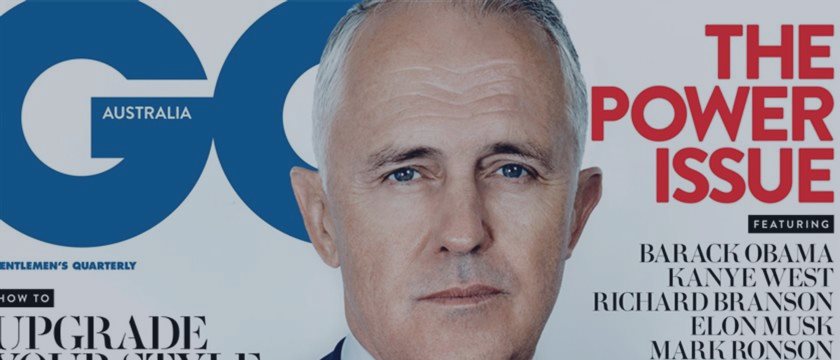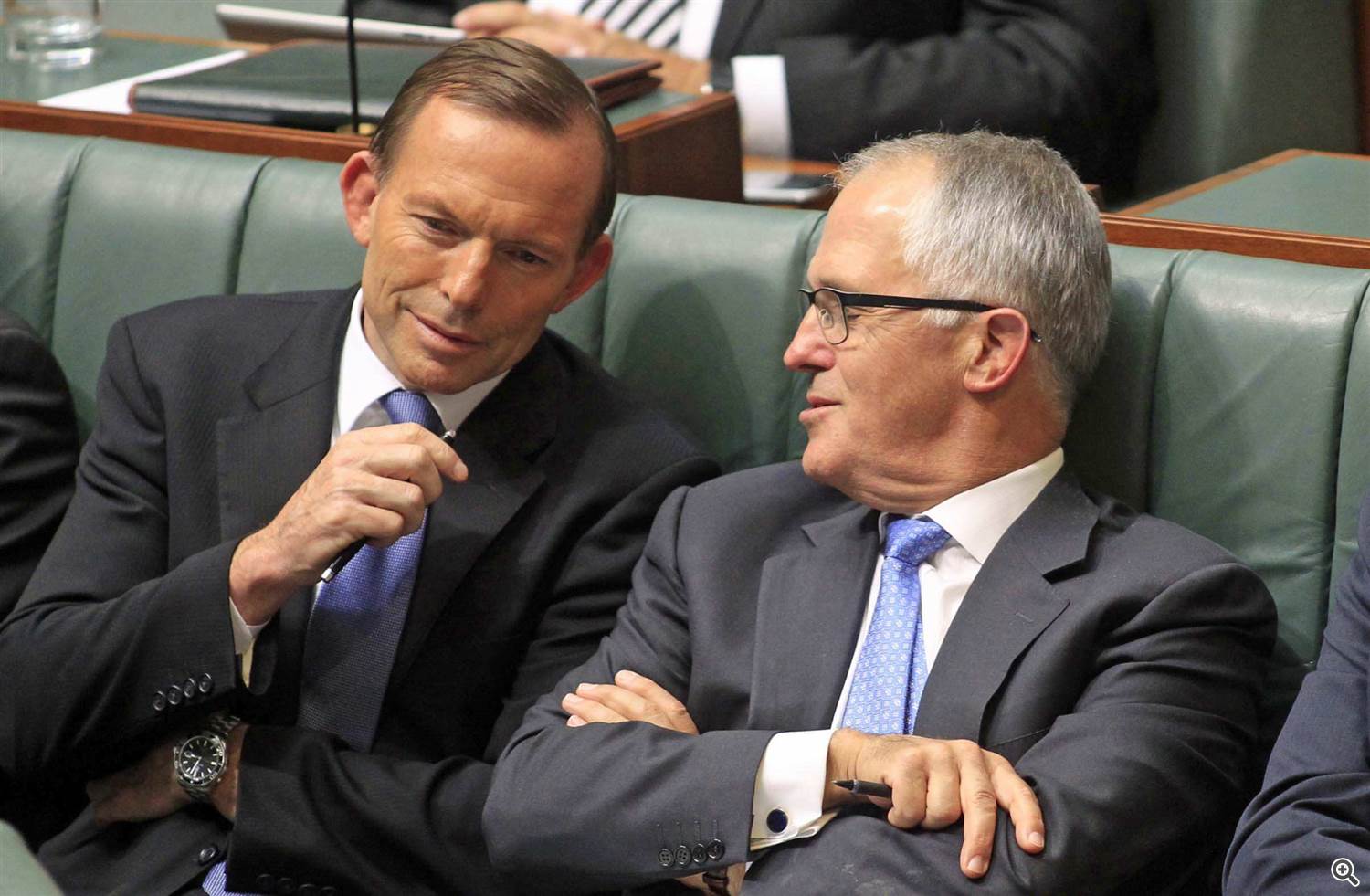
What a new prime minister will mean for Australia's economy - Analysts
Malcolm Turnbull - a 60 y.o. self-made millionaire-turned-politician who had been serving as the communications minister - became Australia's fifth prime
minister in eight years, after having defeated Tony Abbot in a leadership ballot. And many analysts stick with a view the change will be salutary for the tired economy.
"The change in leadership has the potential to help Australia," said Shane Oliver, head of investment strategy and chief economist at AMP Capital, adding that Turnbull is a more popular leader in Australia, in particular among Labor and swinging voters. "As a result we are likely to see a short term boost in economic confidence," he said.
Before completely devoting his career to politics, Turnball worked as a journalist, barrister, businessman and banker.
Meanwhile, Abbott had been struggling with a decreasing rating for more than a year owing to a combination of factors, including a harsh budget in 2014 and a series of unpopular policies such as the roll-back of climate change legislation and his opposition to same-sex marriage.
Olivier also pointed out that Turnbull is seen as a more effective cross-party negotiator than his predecessor, which will result in more economic reforms getting passed through parliament.
Following his victory late Monday, the new PM
promised a totally liberal government promoting freedom of
"individuals and markets" and pledged to consult and explain policy
changes.
The analyst expect Turnbull to get the budget back under control, reform Australia's tax system, reducing bureaucracy. "The commitment to free market economic policies, including free trade deals, is likely to remain," he added.

Tony Abbot, former PM, and Malcolm Turnbull
Tim Toohey and Andrew Boak, economists at Goldman Sachs, said they expected the business community to treat Turnbull as more business friendly than his predecessor.
"Should the change in leadership result in a tangible lift in consumer and business confidence or a material shift in the nature of fiscal stimulus, there may well be significant implications for monetary policy direction," said Toohey and Boak in a note on Tuesday.
But emerging confidence due to change in leadership would prove transitory without a consistent improvement in the underlying economy, they cautioned.
Australia's economy has been suffering, due to a slowdown in China, a downturn in mining investment, as well as weaker commodity prices, suggesting
its run as the economically 'lucky country' could be ending.
Quarterly economic growth fell to a two-year low at 0.2 percent during the April-June period, slowing from 0.9 percent in the previous quarter, spurring worries that Australia may soon experience its first recession in more than two decades.
"In this respect the Prime Minister-elect is closer to the end in the decline in the terms of trade and hence the erosion of the government's taxation base, and is inheriting a much lower exchange rate and record low interest rates," the Goldman economists said.


